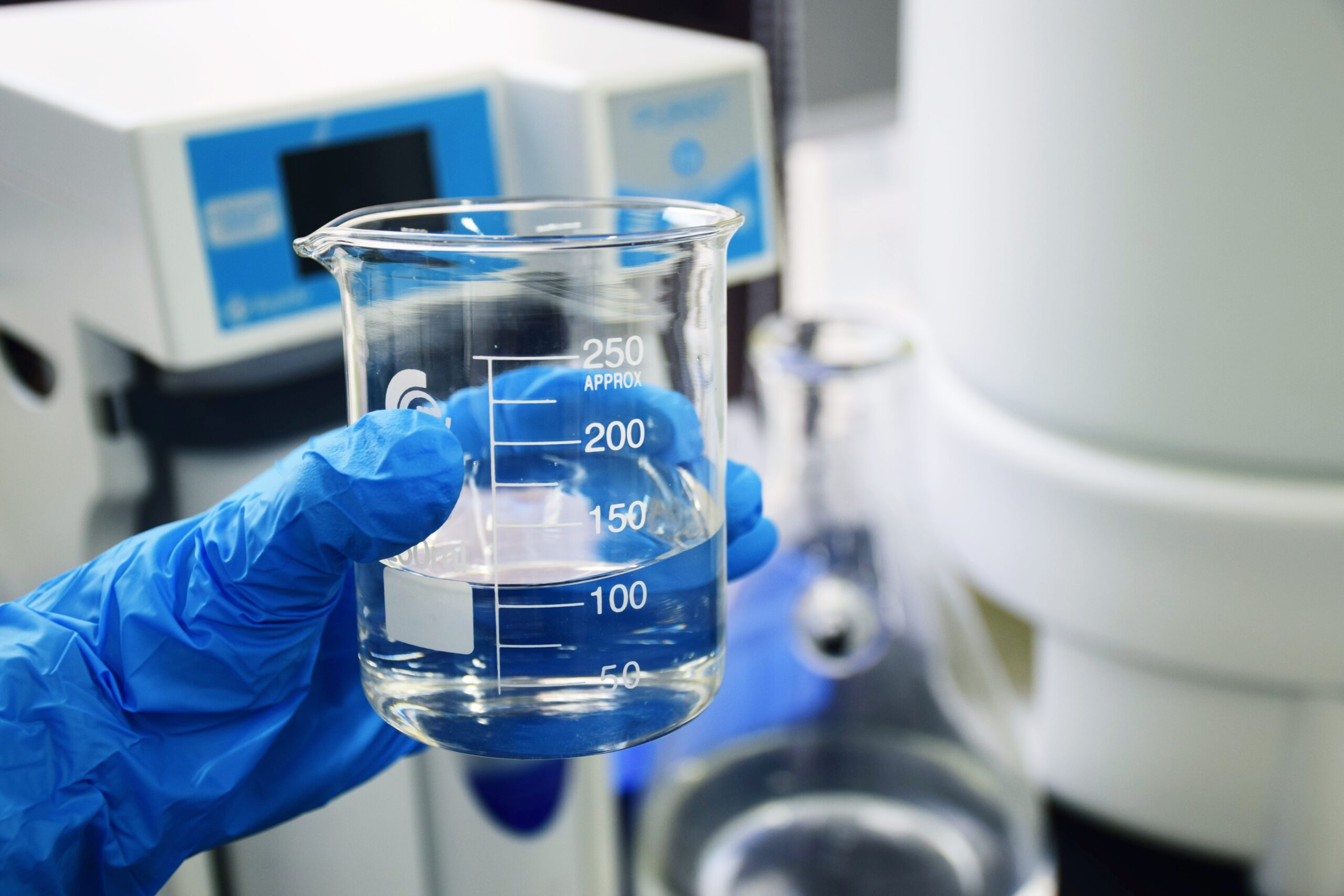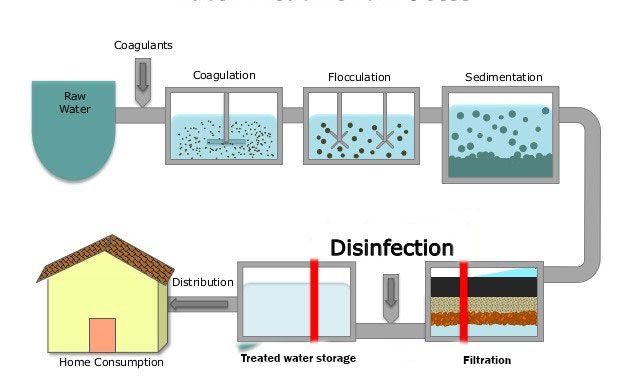Water Purification System Options for every single Spending Plan and Home Size
Water Purification System Options for every single Spending Plan and Home Size
Blog Article
Why a Water Filtration System Is Important for Clean, Safe Water
Access to tidy, safe water is an essential human right and a foundation of public wellness. The visibility of damaging contaminants such as pathogens, heavy metals, and chemical contaminants in our water supply increases significant issues about health and wellness. A water purification system stands as a critical remedy to reduce these risks, making sure that people and communities can access risk-free drinking water. Comprehending the intricacies of these systems and their various methods is crucial, particularly as we take into consideration the effects for health end results and environmental sustainability in our day-to-days live.
Relevance of Clean Water
Access to clean water is a fundamental need for human health and well-being. Polluted water can lead to major wellness problems, including gastrointestinal illnesses, cholera, and dysentery, especially in susceptible populaces such as kids and the elderly.
Moreover, tidy water is important for hygiene and health methods, which are crucial in protecting against the spread of contagious illness. Adequate water supply supports appropriate sanitation facilities, advertising a healthier atmosphere. Furthermore, accessibility to risk-free water affects socioeconomic factors, as it enables areas to take part in commercial and farming tasks, ultimately adding to financial development.
In lots of areas, the absence of clean water worsens destitution and inequality, more preventing development toward lasting development objectives. Consequently, making sure access to tidy water is not only a public health imperative however also a foundation for social equity and economic growth. Initiatives to enhance water quality and framework have significant advantages, fostering healthier communities and improving lifestyle.

Common Pollutants in Water
Guaranteeing the schedule of tidy water is threatened by numerous contaminants that can endanger its security and top quality. The existence of microorganisms, such as infections, microorganisms, and bloodsuckers, poses considerable health risks, especially in areas lacking adequate cleanliness. These microbes can lead to waterborne conditions, leading to severe disease and even death.
Chemical impurities additionally provide a critical worry. Heavy steels, consisting of arsenic, lead, and mercury, often go into water materials via industrial discharges or corroded plumbing. These substances can build up in the body over time, bring about long-term wellness concerns such as neurological damages and developing disorders.
Additionally, farming overflow presents pesticides and plant foods right into water systems, which can disrupt environments and negatively influence human health. Nitrates, generally found in fertilizers, can cause significant conditions like methemoglobinemia, particularly in infants.
Advantages of Water Filtration Equipments
Acknowledging the critical demand for secure drinking water, water purification systems provide a myriad of advantages that boost public wellness and ecological sustainability. Mostly, these systems properly eliminate damaging impurities, consisting of bacteria, infections, heavy metals, and chemicals, making certain that the water taken in is devoid of pollutants and virus. This reduction in contaminants substantially lowers the threat of waterborne diseases, promoting total community wellness.
In addition to wellness advantages, water filtration systems add to ecological sustainability by reducing dependence on mineral water, which typically generates excessive plastic waste. By utilizing a purification system, houses can decrease their carbon impact and add to an extra sustainable ecosystem. Furthermore, these systems can improve the preference and smell of water, making it a lot more tasty for day-to-day consumption.

Various Types of Filtration Approaches

One common technique is reverse osmosis, which makes use of a semi-permeable membrane to separate water from liquified solids and contaminants. This procedure successfully lowers pollutants, including hefty metals and chemicals. One more widely utilized method is ultraviolet (UV) disinfection, which utilizes UV light to neutralize viruses and bacteria, providing them harmless without the use of chemicals.
Activated carbon filtration is an additional prominent approach, utilizing carbon to adsorb natural substances, chlorine, and undesirable odors, enhancing taste and smell high quality. Purification, a procedure that entails boiling water and condensing the vapor, effectively gets rid of impurities and minerals however may need even more power compared to various other methods.
Ion exchange is typically utilized to soften water by changing calcium and magnesium ions with salt or potassium ions. Each technique has its restrictions and advantages, making it necessary to comprehend their functionalities and performance in dealing with certain water quality problems - Water Purification System. Eventually, selecting the proper purification approach is crucial for making certain risk-free and tidy drinking water
Picking the Right System
Choosing a proper water filtration system requires cautious factor to consider of numerous variables, consisting of the details pollutants existing in the supply of water, the quantity of water needed, and the desired filtration approach. It is necessary to perform a water high quality test to recognize contaminants such as bacteria, hefty steels, or chemical contaminants. This info will certainly lead you in selecting a system that effectively targets those certain pollutants.
Following, evaluate your household's day-to-day water consumption to figure out the system's ability. Systems are readily available in different sizes, from point-of-use filters for alcohol consumption water to whole-house units that cleanse all water entering from this source your home.
In addition, think about the purification approach that ideal fits your requirements. Reverse osmosis is highly effective for removing a wide range of impurities, while UV purification is outstanding for getting rid of microorganisms.
Final Thought
Finally, the application of water purification systems is important for ensuring access to tidy and secure water. These systems successfully eliminate hazardous impurities, thereby decreasing the threat of waterborne diseases and improving public health and wellness. In addition, they add to ecological sustainability by minimizing dependence on mineral water. By recognizing the significance of clean water and the advantages of different filtration methods, neighborhoods can make informed choices to guard their health and wellness and promote socioeconomic stability.
Identifying the crucial requirement for risk-free drinking water, water filtration systems offer a myriad of benefits that enhance public wellness and environmental sustainability.In addition to health advantages, water purification systems contribute to ecological sustainability by reducing reliance on bottled water, which commonly produces extreme plastic waste. Eventually, the adoption of water filtration systems is a positive step toward guaranteeing tidy, risk-free water for future generations while guarding public health and wellness and the setting.
Selecting a proper water purification system requires mindful factor to consider of numerous factors, consisting of the details pollutants official website present in the water supply, the volume of water needed, and the wanted purification technique.In final thought, the implementation of water filtration systems is vital for guaranteeing accessibility to risk-free and tidy water.
Report this page